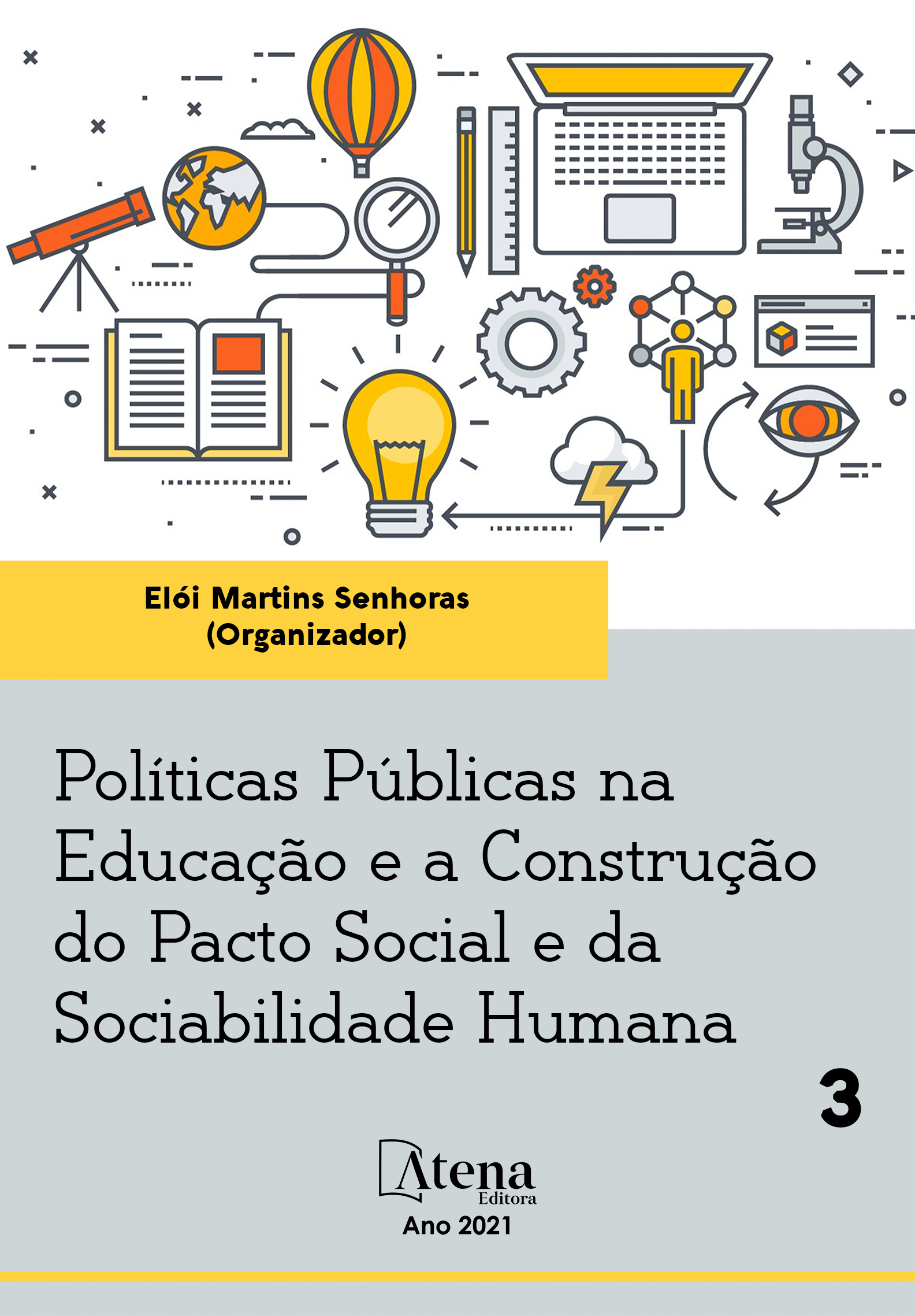
FORMAÇÃO DOCENTE & EDUCAÇÃO INFANTIL QUILOMBOLA: saberes e fazeres necessários para atuação com crianças pequenas
Objetivou-se apresentar neste artigo uma reflexão acerca dos saberes e fazeres de educadores da educação infantil e para atuarem na educação infantil na contemporaneidade em especial para a educação quilombola, o aporte teórico se abalizou na Lei de Diretrizes e Bases da Educação Nacional (Lei 9.394/1996) e também outros documentos introdutórios referentes ao assunto, tais como as Diretrizes Nacionais e os Parâmetros Curriculares Nacionais, enfatizando a educação escolar quilombola na educação infantil. Trata-se de uma revisão não exaustiva da literatura a respeito da temática em tela. Além dos documentos oficiais, apoiamos também nos autores como: O’Dwyes (1995), Salles (2012), Lima (2001) Stemmer (2014) e Munanga, (2005) dentre outros. A reflexão sobre a temática nos revelou pistas de como essa temática pode ser inserida na educação infantil. A guisa de considerações percebeu-se que a educação quilombola deve basear-se nos saberes, conhecimentos e respeito as suas matrizes culturais. Evidenciando como imprescindível a formação inicial e continuada para educadores(as) da educação infantil, pois refletem fortemente na qualidade do desenvolvimento das habilidades das crianças pequenas dessa etapa de ensino.
FORMAÇÃO DOCENTE & EDUCAÇÃO INFANTIL QUILOMBOLA: saberes e fazeres necessários para atuação com crianças pequenas
-
DOI: 10.22533/at.ed.25321140114
-
Palavras-chave: Formação Docente, Educação Quilombola, Educação Infantil
-
Keywords: Teacher Education, Quilombola Education, Early Childhoo. Education.
-
Abstract:
The objective of this article is to present a reflection on the knowledge and practices of early childhood educators and to work in early childhood education, especially for quilombola education, the theoretical contribution was supported by the Law of Directives and Bases of National Education ( Law 9.394 / 1996) and also other introductory documents related to the subject, such as the National Guidelines and the National Curriculum Parameters, emphasizing quilombola school education in early childhood education. This is a non-exhaustive review of the literature on the subject at hand. In addition to the official documents, we also support authors such as: O'Dwyes (1995), Salles (2012), Lima (2001) Stemmer (2014) and (Munanga, (2005), among others. Reflecting on the theme revealed clues to us how this theme can be inserted in early childhood education. As a matter of considerations, it was realized that quilombola education must be based on knowledge, knowledge and respect for their cultural matrices, highlighting the importance of initial and continuing training for educators from early childhood education, as they strongly reflect on the quality of the development of the skills of young children in this stage of education.
-
Número de páginas: 16
- José Carlos de Melo
- Nelcir Francisca da Silva


